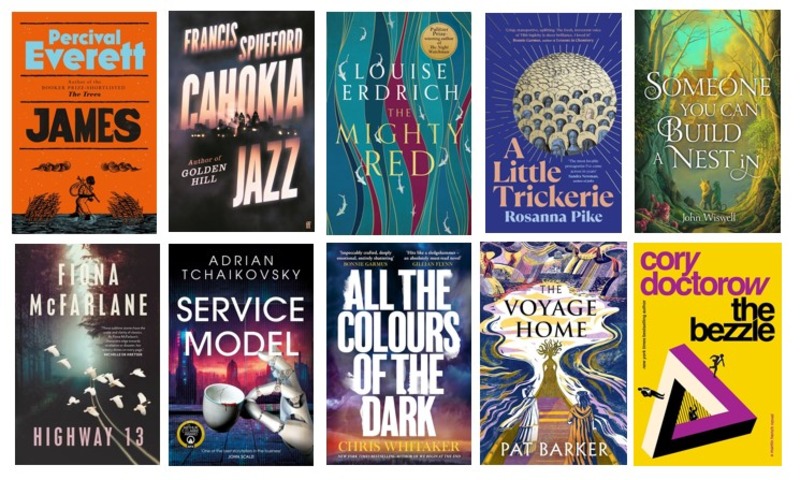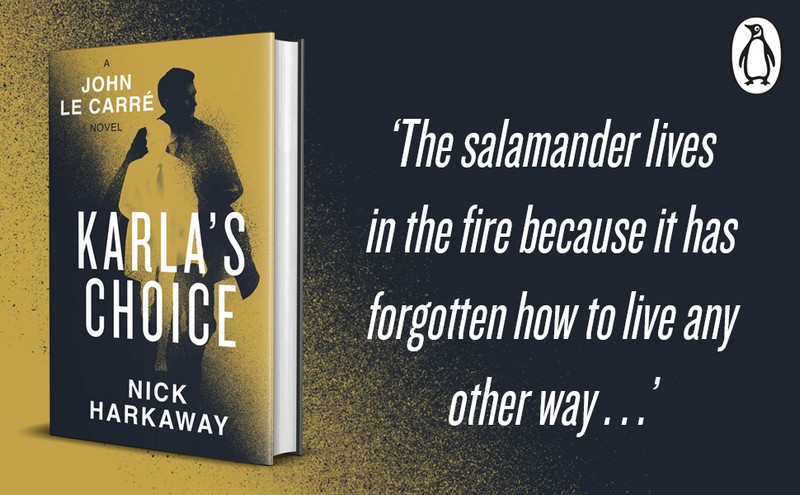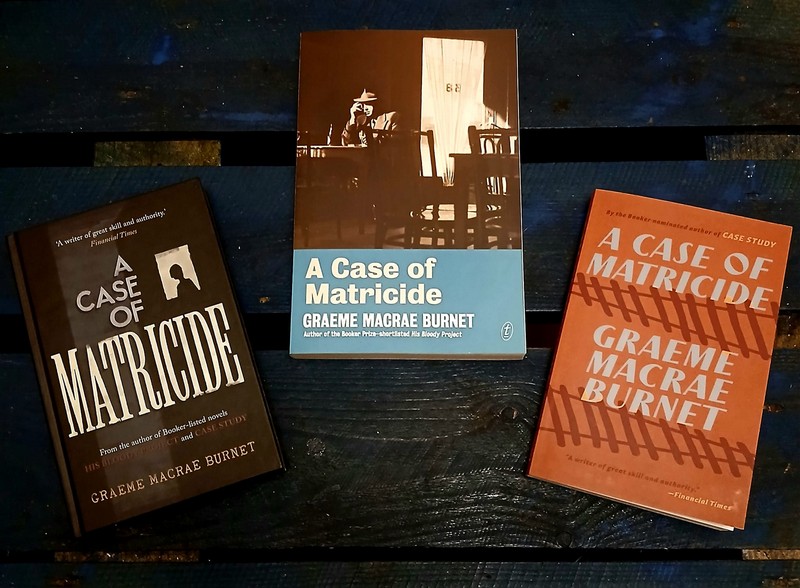 Robert Lukins’ Loveland, follow up to his debut The Everlasting Sunday, is an inter-generational family drama that takes readers from Queensland to the heart of Nebraska and a tragedy that feels destined to repeat itself.
Robert Lukins’ Loveland, follow up to his debut The Everlasting Sunday, is an inter-generational family drama that takes readers from Queensland to the heart of Nebraska and a tragedy that feels destined to repeat itself.
When May’s grandmother dies she learns that part of the inheritance is a house and block of land in a place called Loveland, Nebraska. Seeking to flee an abusive relationship, May takes the opportunity to fly to the United States to handle the sale of the property. When she arrives she sets herself up in the old boathouse on property on the edge of a poisoned lake and starts to learn about her Grandmother’s story which itself is connected to the history of the town, founded by and named for her grandfather’s family. As she does so, May starts to develop her own sense of agency and independence, a feeling that is challenged when her estranged husband flies to America to track her down.
Lukins delivers parallel narratives in Loveland. The main story is that of May and her journey of discovery not only of herself but of her past, helped by the ageing Jean who worked for May’s grandmother in the 1950s. Interspersed with this is the story of Casey, May’s grandmother, who finds herself married to an overbearing, abusive man and who is also trying to find a way to have her own life. Both of these strands feature domineering or abusive partners so that there is both a strong resonance and a hint of intergenerational trauma in the way that the narrative unfolds and resolves.
Lukins has recently written an article in the Sydney Morning Herald about the Nebraska of his imagination, having never been there. Despite this, in Loveland he captures an evocative version of the landscapes and the people of Nebraska (good and bad) as Jean takes May on tours of the area. And as the tension ratchets up he does not try to excuse the actions of the women seeking to extricate themselves from abusive relationships. Rather he seeks to understand why they are there, how their situation evolved and what a relationship that involves systematic abuse might push them to.
Loveland is a an evocative and compassionate book. Lukins provides an insight into damaged but resilient central characters whose actions may sometimes be extreme but are driven by trauma.
Robert Goodman
For more of Robert’s reviews, visit his blog Pile By the Bed
Other reviews you might enjoy:
- Return to Valetto (Dominic Smith) – book review
- The Animals In That Country (Laura Jean McKay) – book review
- Shrines of Gaiety (Kate Atkinson) – book review

Robert Goodman is a book reviewer, former Ned Kelly Awards judge and institutionalised public servant based in Sydney. This and over 450 more book reviews can be found on his website Pile By the Bed.



